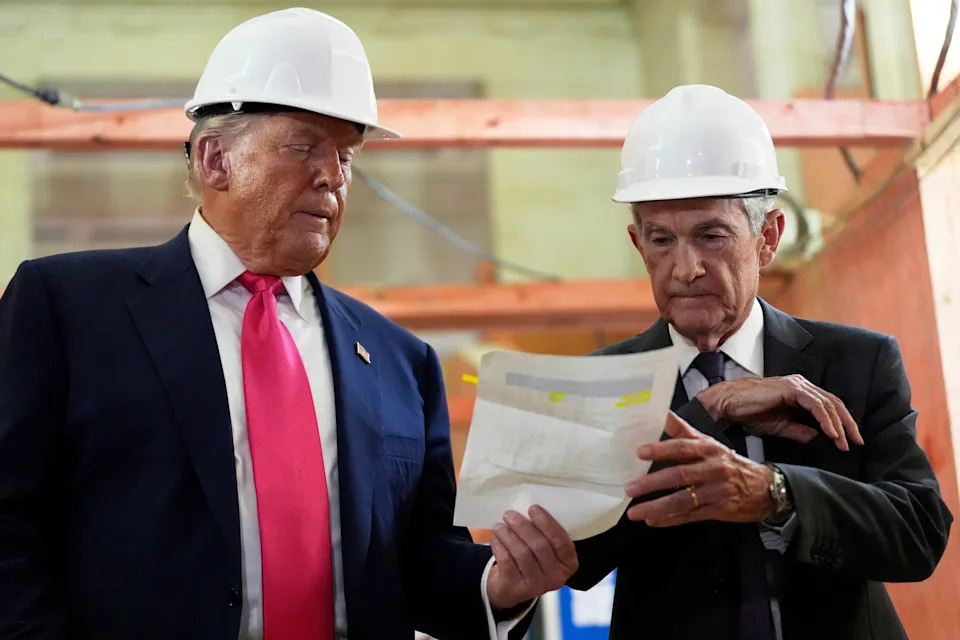
Powell's Jackson Hole speech could set up a policy tweak that lasts well beyond his tenure
Key Points
- Federal Reserve Chair Jerome Powell is set to speak at Jackson Hole, where investors anticipate signals about a potential interest rate cut next month.
- Powell is expected to announce significant changes to the Fed’s policy framework, including abandoning average inflation targeting, which allowed inflation to exceed 2% to balance past shortfalls.
- The new framework may focus on a strict 2% inflation target, reflecting lessons from recent inflation spikes and supply chain issues.
- Critics argue that the 2020 average inflation targeting strategy contributed to delayed rate hikes during post-pandemic inflation, prompting calls for a more preemptive monetary policy.
- Powell’s speech may also address enhanced policy communication and updates to the Fed’s economic projections, including the influential “dot plot.”
Summary
Federal Reserve Chair Jerome Powell’s upcoming speech at Jackson Hole is highly anticipated as investors seek clues about a potential interest rate cut next month. Beyond short-term policy signals, Powell is expected to unveil major revisions to the Fed’s policy framework, which guides its dual mandate of stable prices and maximum employment. A key change likely involves abandoning average inflation targeting—a pre-pandemic strategy allowing inflation to exceed 2% to offset past shortfalls—due to recent inflation surges and their impact on consumer sentiment. Instead, the Fed may adopt a strict 2% target. Critics, including economists and hedge fund leaders, argue that the 2020 framework contributed to delayed rate hikes during post-pandemic inflation, necessitating a more proactive approach. Powell’s speech may also address supply shocks, inflation volatility, and enhanced communication, potentially updating the Fed’s economic projections like the “dot plot.” These changes, part of a five-year policy review cycle, could shape monetary policy for years beyond Powell’s tenure, which ends in May next year, cementing his legacy at the central bank.
yahoo
August 20, 2025
Stocks


